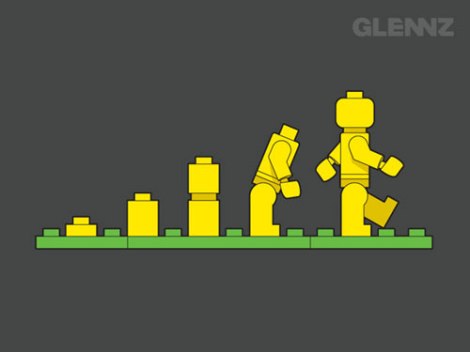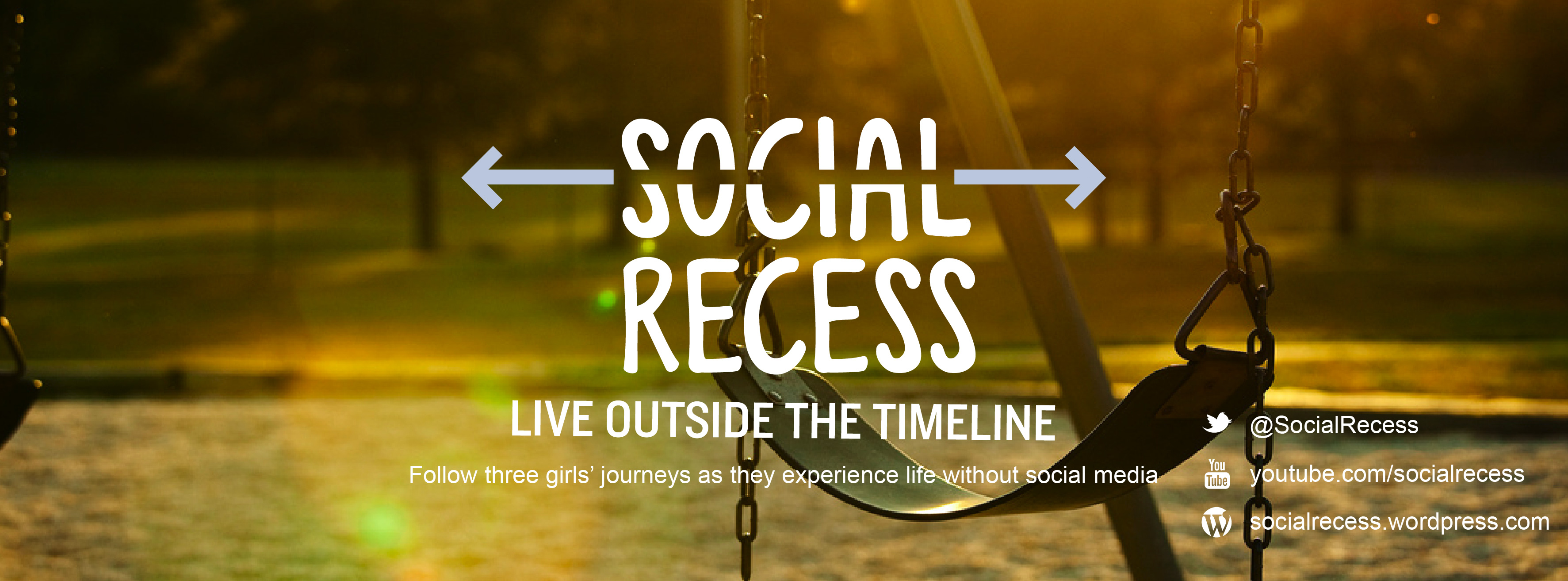 It’s been a weird week in the old Social Recess crew. This project, as most extremely strategic projects often do, has evolved considerably from the strategy we set forth when we started off two weeks ago. With time, it became more and more evidentthat we were conducting powerful longitudinal research that will eventually evolve into a case study and white paper.
It’s been a weird week in the old Social Recess crew. This project, as most extremely strategic projects often do, has evolved considerably from the strategy we set forth when we started off two weeks ago. With time, it became more and more evidentthat we were conducting powerful longitudinal research that will eventually evolve into a case study and white paper.
But it wasn’t always obvious: We’ve struggled with finding a balance between creating compelling content for building buzz now (which can be hyperbolic and scripted) and capturing as much content as possible (which requires nothing more than recording, documenting, and writing.) As it turns out, a compelling, live-documented case study is a whole new hybrid breed of project.
The question came back daily for the first week of Social Recess. We had implemented the rules, we had developed a site, we had a plan, a team, a vision. But we accept that things never go as planned, and in frustration kicked off a series of meetings that endlessly came back to thesame question. What will make Social Recess successful? Who are we talking to? What is it supposed to MEAN, that we’ve taken away our access to social media?
While the team agreed that our ultimate goal is to pull as many insights as possible from our longitudinal research (from me, Kait, and Kelly,) provide confidence with additional primary research (a survey,) andturn our insights and observations into implications, presented in a case study and white paper. Everything will be organized neatly into three primary categories of interest: utility, creativity, and connectivity. Though theseareas have evolved from the initial hypotheses and areas of study, we understand why that’s happened.
In fact, I will explain it to you. We started by talking about how social media is used by many people as an avenue to validation. Validation that what they’re doing, reading, listening to, where they are hanging out, who they’re hanging out with: is right, is proper, is cool. But the truth is, validation doesn’t encompass the breadth of our social media usage. We find that, more than anything, social media is a tool for finding guidance: support or inspiration for a project, advice for a new experience, or direction in times of uncertainty, big or small.
This search for guidance leads directly to the three main areas of study that we’ll present in two weeks, each complete with statistics, implications for communication and brands, ideas for integrating this knowledge for current Mullen clients, and more. We’ll go beyond what our insights and implications are, and poke around what they mean in a deeper way.
Can’t wait to share with you all.
